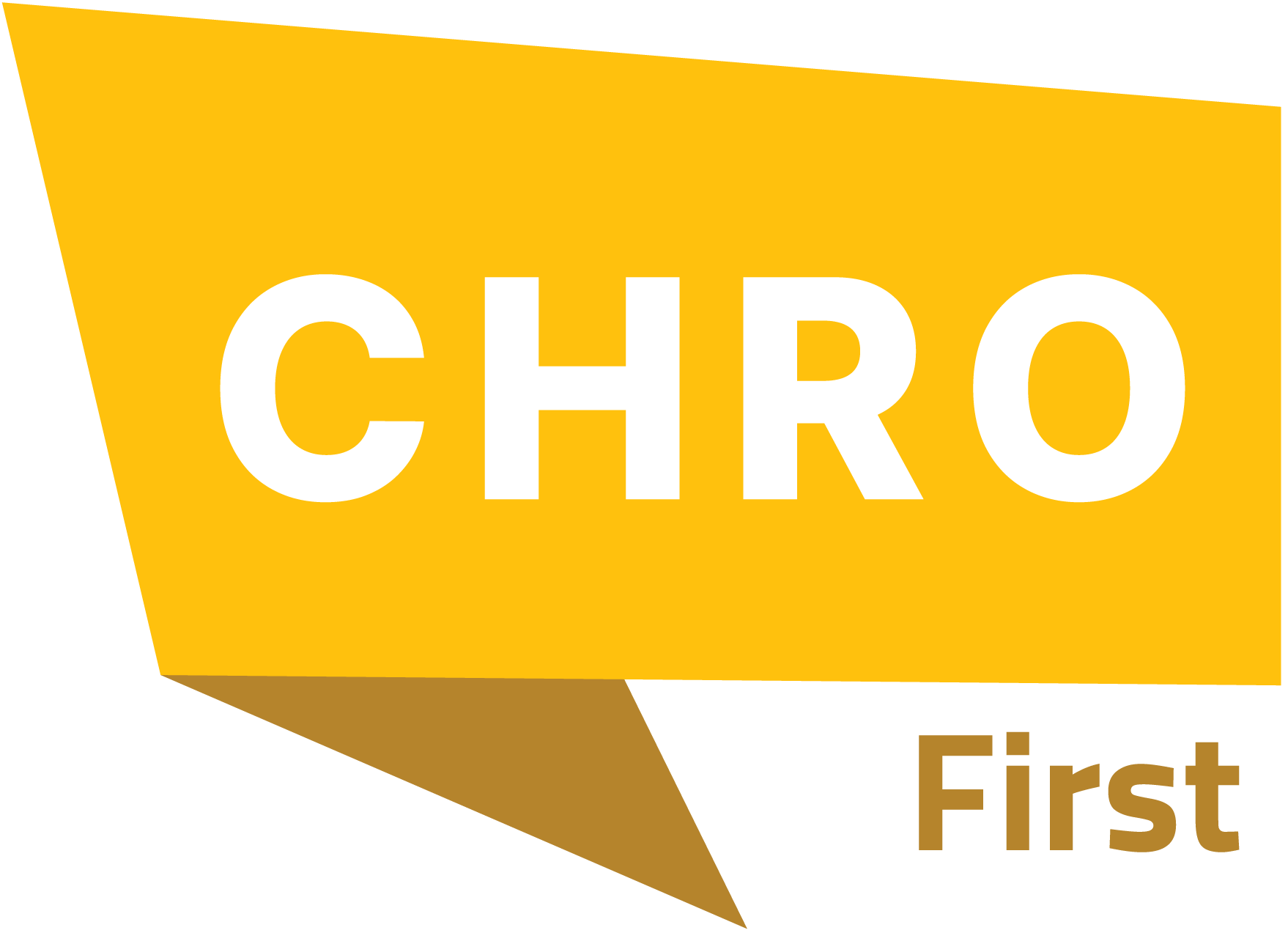As AI continues to dominate headlines and boardroom conversations, a disconnect is emerging between how employers and candidates perceive AI’s value in hiring and what adopters are actually experiencing. iCIMS, a leading provider of talent acquisition technology, released the iCIMS Insights August Workforce Report, revealing that nearly a quarter (24%) of AI adopters save more than five hours per week, compared to just 13% of non-users who expect these results. The report’s findings include commissioned data from Lighthouse Research & Advisory, and a survey of 1,000 U.S. adults.
According to iCIMS’ proprietary platform of thousands of customers worldwide, new data shows that despite a modest uptick in job openings (+5%) and applications (+7%) since July 2024, hiring continues to decline, down 10% year-over-year. This misalignment signals potential recruiter burnout and inefficiencies in workforce planning, as time-to-fill metrics remain stagnant even amid rising applicant volume. With pressure mounting, talent teams are approaching a pivotal moment in how and where they apply AI.
“There’s tremendous opportunity for talent teams ready to put AI to the test,” said Ben Eubanks, chief research officer, Lighthouse Research & Advisory. “Most importantly, that impact goes beyond automating tasks into creating new value for candidates, hiring teams and organizations.”
Also Read: Kelly Announces Selection of Chris Layden as President and Chief Executive Officer
According to a 2025 Lighthouse Research & Advisory survey of 1,013 employers featured in the iCIMS report, employers leveraging AI in hiring are realizing significant efficiency gains:
- Seeing is believing: While 64% of AI adopters estimate saving over two hours per recruiter weekly, non-users remain pessimistic about its value. The greatest difference in estimated value and efficiency between adopters (24%) and non-adopters (13%) occurs at five hours per week, indicating that familiarity with AI positively affects the estimated value and efficiency.
- AI for filtering, humans for hiring: Employers are embracing AI for high-volume tasks such as screening (55%) and matching (40%) but overwhelmingly prefer human judgment for final offers (7%).
- AI is turning the tide: Talent teams are reinvesting time saved with AI into spending more time engaging with candidates (54%) and analyzing recruiting metrics and business impact (41%).
Key findings from an iCIMS survey of 1,000 U.S. adults reveal how candidates are experiencing and evaluating the role of AI in the hiring process:
- Workforce unfamiliarity: While the emerging workforce may be “AI natives,” most of the talent pool is navigating the application process with little to no prior knowledge. Fifty-six percent of Gen X respondents reported low familiarity with hiring AI.
- Clear generational divide: A combined 62% of millennials and 59% of Gen Z believe AI speeds up hiring. This figure drops to 47% for Gen X and a low of 41% for baby boomers.
- To trust or not to trust: Younger candidates believe AI is fairer (44%), while older generations like Gen X (21%) and baby boomers (18%) remain deeply skeptical of its objectivity. However, 82% of candidates agree that they want to know how AI evaluates their applications.
“Our candidate data points to one overarching theme: Any successful recruiting strategy requires transparency in how organizations are using AI,” said Trent Cotton, head of talent acquisition insights, iCIMS. “Employers must make it a priority to educate and communicate with candidates on where AI is involved and where there will be a human in the loop.”
Source: PRNewswire


